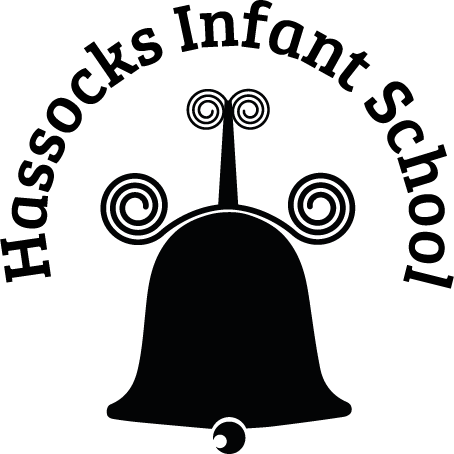EYFS and National Curriculum Objectives
Early Years Foundation Stage (Reception)
Understanding the World (The Natural World):
Early Learning Goal: Children know about similarities and differences in relation to places, objects, materials and living things. They talk about the features of their own immediate environment and how environments might vary from one another. They make observations of animals and plants and explain why some things occur, and talk about changes.
National Curriculum Key Stage 1 (Years 1 & 2)
National curriculum purpose of study: A high-quality science education provides the foundations for understanding the world through the specific disciplines of biology, chemistry and physics. Science has changed our lives and is vital to the world’s future prosperity, and all pupils should be taught essential aspects of the knowledge, methods, processes and uses of science. Through building up a body of key foundational knowledge and concepts, pupils should be encouraged to recognise the power of rational explanation and develop a sense of excitement and curiosity about natural phenomena. They should be encouraged to understand how science can be used to explain what is occurring, predict how things will behave, and analyse causes.
National curriculum aims:
The national curriculum for science aims to ensure that all pupils:
- Develop scientific knowledge and conceptual understanding through the specific disciplines of biology, chemistry and physics.
- Develop understanding of the nature, processes and methods of science through different types of science enquiries that help them to answer scientific questions about the world around them.
- Are equipped with the scientific knowledge required to understand the uses and implications of science, today and for the future.
